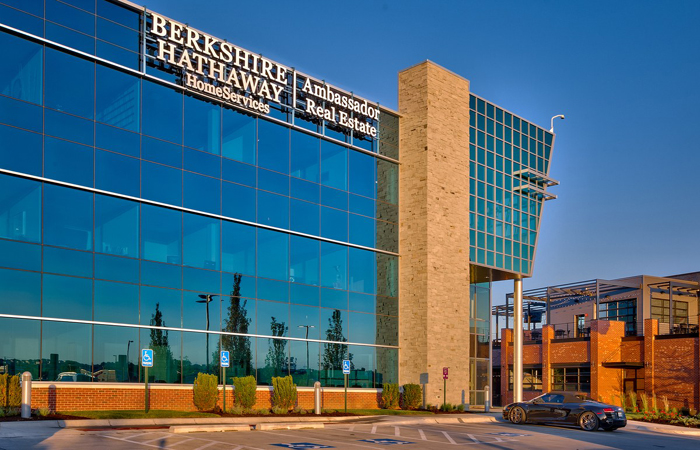Oct. 27 (GIN) – The ruling Botswana Democratic Party won a majority of seats in parliamentary elections this past week, ensuring a second five year term for President Ian Khama whose party has ruled Botswana since independence from Britain 48 years ago.
But the victory was hard-won. The recently-united opposition coalition has eaten away at the number of seats held by Khama’s majority party. Of 57 seats up for grabs, the ruling party won 33, the Umbrella for Democratic Change (UDC) took 14 and the Botswana Congress party nabbed two.
“I am thrilled to be part of this epic moment,” said Duma Boko, presidential candidate of the three-party UDC alliance after casting his vote. Friday’s poll saw a high turnout of the 800,000 registered voters.
Khama, 61, a retired army general, is an ascetic and increasingly authoritarian figure with an undisguised dislike of journalists and a callous disregard for the Kalahari Bushmen or “San”, who, he says, have an “extinct” and backward way of life.
Of their ancestral homelands in the Central Kalahari Game Reserve, he said: “Look, this is a game reserve, the whole purpose of a game reserve is to protect and conserve the flora and fauna.”
“Just because they have had this way of life for many years, they have to be moved into the modern way of doing things. Give them livelihoods which will allow them and their children to live better lives and continue living a very extinct form of life, a very backward form of life, denying them and especially their children opportunities to grow with the mainstream of our citizens.”
A landlocked, southern African country of two million people, Botswana is the world’s largest rough diamond producer by value with production of 23.2 million carats valued at $3.6 billion in 2013, according to the Kimberley Process Certification Scheme. De Beers, Lucara Diamond Corp. and Gem Diamonds are among the companies with operations in the country.
Diamond sales funded generous social programs over the years, such as old age benefits and monthly food rations to all destitute residents.
Young people receive ten years of basic education, following which they can choose one the seven technical colleges in the country, or take vocational courses in teaching or nursing. The best students enroll in the University of Botswana, Botswana College of Agriculture, and The Botswana Accountancy College in Gaborone.
The Botswana International University of Science and Technology began accepting students in 2011.
Efforts to diversify the economy – bringing in value-added jobs beyond mining – were championed by the Minister of Mines, Energy and Water Resources, Onkokame Kitso Makaila.
Those efforts paid off in the relocation of sorting and sales by De Beers from London to Botswana’s capital Gaborone, in the direct sales by state-owned Okavango Diamond Company, and an increase in auxiliary services such as brokers, banks, shipping companies and grading laboratories which have set up shop in Gaborone.
Makaila, however, failed to hold on to his seat in the recent election, losing his constituency by 611 votes. The appointment of a new minister is pending. w/pix of Pres. I. Khama












